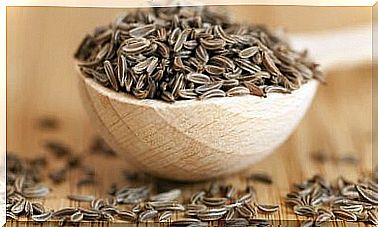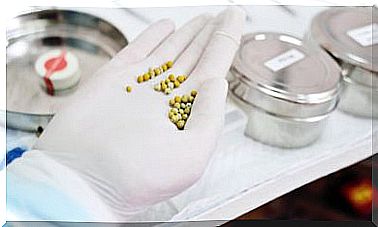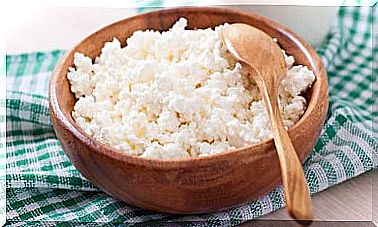What Are Antinutrients?
Antinutrients are those compounds that interfere with the absorption of substances at the intestinal level. Its origin can be natural or synthetic. In recent years they have been the focus of research, as they are contained in various types of foods and beverages commonly consumed.
In fact, it is common to find a lot of elements with this quality in nature. However, this does not mean that they are harmful to the body. What are the most common? What should you know about it? In this space we detail them.
Main antinutrients in food and beverages
Antinutrients raise doubts among those seeking a healthy diet. However, as an article published by the Harvard University School of Public Health highlights , the benefits of foods containing these substances outweigh their possible negative effects.
Tannins
These are types of polyphenols that make it difficult to absorb some proteins or iron. They are found, for example, in grapes, which are rich in resveratrol. They often have a bitter taste. However, despite their chelating power on iron, they contain antioxidant properties that are essential for health.
In fact, its consumption is linked to greater prevention of cardiovascular disease, according to an article published in the British Journal of Pharmacology . For this reason, it is crucial to include these substances in the diet.
It is only necessary to ensure a good intake of iron and vitamin C, by including other foods, to avoid complications related to anemia.
The intake of large amounts of tannins could be a risk factor in the case of vegan populations. By itself, vegetable iron has a lower bioavailability than animal iron. For this reason, it is necessary to monitor the contribution of this mineral in diets devoid of animal products.
It is positive to increase the intake of vitamin C in this type of diet, as well as to space the foods rich in vegetable iron from those that contain tannins.

Phytic acid
It is found mainly in seeds, grains, nuts, and certain legumes. Its consumption is related to difficulties in the absorption of zinc, iron and calcium. In addition, it can inhibit some digestive enzymes linked to proteolysis.
Among its positive effects, we highlight that it manages to control the glucose curve and reduce insulin resistance. It could also reduce the risk of developing fatty liver, according to a study published in 2016.
For now, there is still a lack of human trials to provide solid evidence in this regard, but it is clear that this substance has positive health implications.
Calcium oxalate
This substance is found in certain green leafy vegetables. It binds to calcium and can reduce its absorption. Furthermore, it can also interfere with other minerals such as iron or magnesium.
As if this were not enough, its excessive intake is linked to the appearance of kidney stones, although these are related to a defect in the state of hydration and, possibly, to a certain genetic conditioning factor.
Furthermore, the biodiversity in the gut microbiota can significantly reduce the risk of these types of ailments. Bacteria of the genus Lactobacillus are responsible for preventing the formation of stones from the degradation of oxalate salts, according to a review published in Microbial Pathogenesis .
Fiber
An excess in the consumption of fiber could interfere with the absorption of some nutrients from the diet. Ingested in normal amounts, it delays the absorption of glucose and partially blocks that of cholesterol. However, to a greater extent it could interfere with protein absorption.
Now, it is a necessary substance in any diet. In addition to reducing the problems associated with intestinal transit, it improves the management of the satiety mechanism.
On the other hand, its consumption is related to a selective growth of the microbiota from the fermentation processes. Cardiovascular risk is also reduced if the fiber intake in the diet is adequate.

A varied diet so as not to worry about antinutrients
Antinutrients are substances that can interfere with the absorption of certain compounds at the intestinal level. However, on many occasions they are essential elements for the health of the body. For this reason, its intake should not be avoided.
The correct thing is to carry out a varied diet. Thus, the contribution of all the nutrients that the body needs is ensured and the possible effect of antinutrients is reduced. In addition, the diet must also be balanced from a caloric point of view.
One strategy to carry this out is to quantify the fiber contribution. In this way, there is an optimal functioning of the satiety mechanism, which will reduce appetite and snacking between meals.









